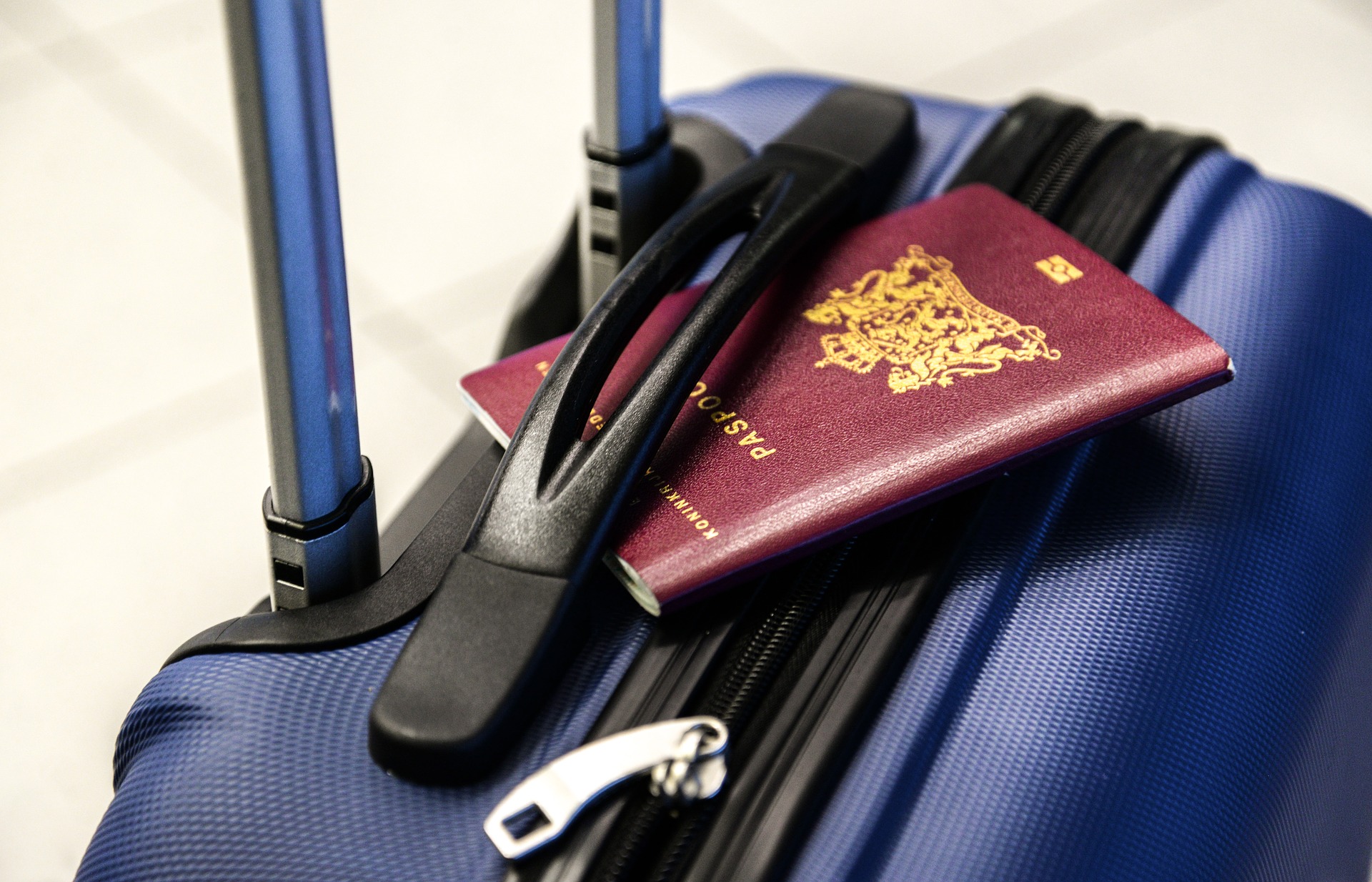
One of the most fundamental things we all share in traveling is the need to take valuables along. Whether it’s an expensive camera or just jewelry for a dinner on the town, we all pack up some things that would cost a lot of money to replace–or can’t be replaced at all.
In the process of choosing hotels, modes of travel, and destinations, it is important to make plans for protecting all the valuables you’ll be taking along as well. Designing things to keep your possessions safe will keep your trip from being ruined by an accident or theft.
While almost any kind of expensive item may be on board with you, there are a few things we all take on the road. Protecting valuables during travel is essential, so here’s roadmap for making sure those common items are safe.
Electronics
We don’t go anywhere without phones, cameras, tablets, laptops, and all kinds of other electronics. Protecting them calls for getting the right equipment to do the job.
The ubiquitous cell phone is a good starting point. Buying iPhone 8 screen protectors for everybody before the trip will keep those vacation photos from being taken through a cracked screen that will lead to a big repair bill when you get back home. Back up your data, and activate a good passcode.
Avoid bad passwords on other devices as well. Laptops should be transported in appropriate bags and should only be charged when they’re out of the bag, to prevent overheating. A great starting point is the owner’s manual. Follow its recommendations for safe transport and storage.
Cash
We use debit and credit cards so much that we often carry little cash. When we do have real paper money, we’re often out of practice on how to handle it. Cash is untraceable and unsecured, so you must keep your hands on it at all times.
When traveling with money, follow the next tips and tricks to keep your money and yourself safe.
Break up your stash. Don’t put all the money in one or two wallets or purses. Put it in different places, spread among different people.
Loose cash in a pocket should be in a money clip so that it can be felt–and remembered. Button, zip, or otherwise secure every place where money is carried so that it won’t fall out.
Be alert to anyone who may bump into you as a ruse for grabbing cash.
Lastly, have a backup plan if your money is lost or stolen, especially when overseas.
Jewelry
Nobody wants to go to a beautiful restaurant for dinner without a little sparkle. But nobody wants to come back to the hotel room and find that sparkle stolen before the dinner date. Securing jewelry is very important, because many pieces have no means of identification, making them just as negotiable as cash.
Some items might be best checked at the front desk of the hotel, but many hotels also have in-room safes that are just as reliable. A good idea would be to get your own secondary lock to use inside the safe. Something like a small cash box or a re-purposed bank bag with a keyed lock can head off thieves even if they manage to get into the safe.
Souvenirs
We rarely come home from a trip with nothing to prove where we’ve been. Local artwork or other valuables can be a great reminder of the trip and prove far more meaningful than a T-shirt from a roadside stand.
Yet the nicer the souvenir, the tougher the transport. Instead of buying items on Day 1 and storing them until departure day, do your shopping on the way out of town. If that isn’t practical, consider having items shipped home instead of transporting them yourself. Just be sure they’ll be safe arriving home before you do; consider sending them to a friend or your workplace.
Traveling should be a carefree time to enjoy the fruits of your labors. Nothing will ruin that feeling like losing something valuable. There are lots of ways to keep this from happening, so make sure you know in advance what your plan is.